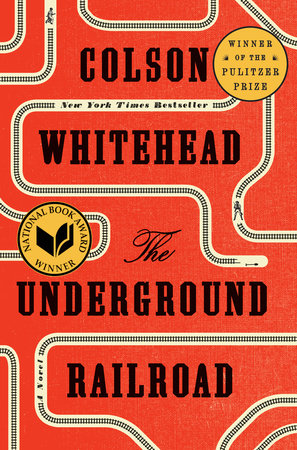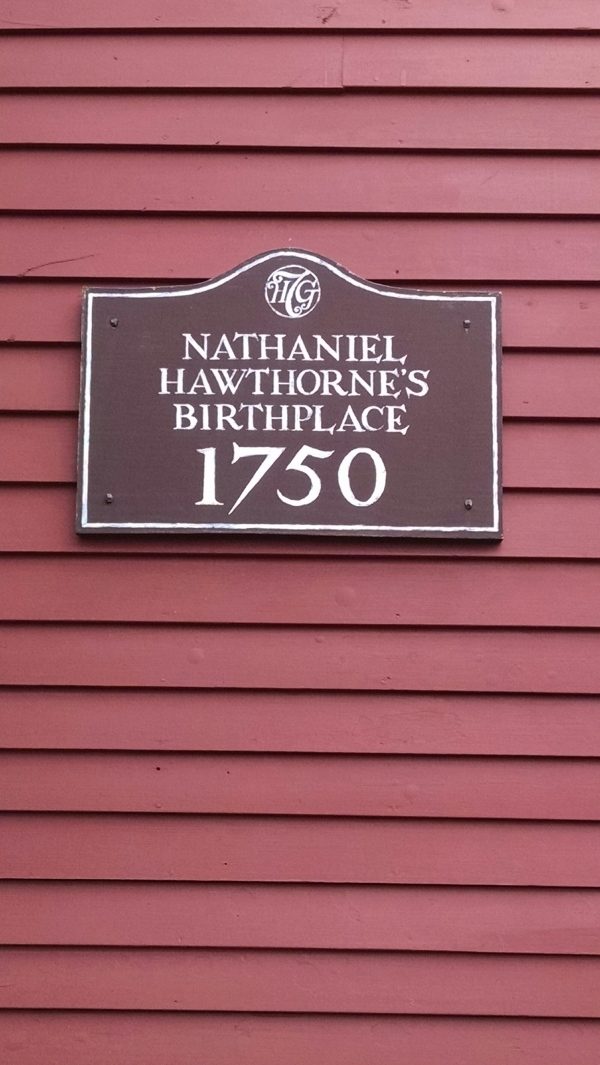I’m not a philosopher despite the fact that it is my belief that everyone with a thinking brain, and especially those without, is one, whether it be as a witting one or not.
No, I’m not a Philosopher, despite my occasional philosophizing about philosophical stuff, in the same regard that I’m not a Poet, despite the fact that I occasionally write poetic-like stuff.
Philosophy as a studied discipline is way too confounding for my confounded brain.
However, practicing a philosophy as a means for navigating life comes as natural to me as the act of breathing or as the desire to include unnecessary descriptive and expounding words, especially those oh so delightful words of the adverbial persuasion, into as much of my writing as possible.
For instance, I have no idea how many times other than a lot that I’ve attempted to read and understand such profound Philosophers as Kierkegaard and Nietzsche and Heidegger and Sartre and Camus and, regardless how many times it’s been, without fail and after only a few pages I have to put their books down in angry frustration and embarrassment from my inability to read the words that they have carefully and thoughtfully written for me with any sustained comprehension. It is maddening to me that, while I can read and understand just about any individual sentence of theirs, when moving on to a succeeding sentence, of which I can also read and understand, I invariably lose comprehension of the sentence which had just preceded it and which only seconds before I had understood.
If hell is other people, then a deeper hell is other people other than the people I can understand…
Reading the work of real Philosophers, just like reading the poetry of real Poets, leaves me feeling inadequate and insignificant, just like I felt in high school during any class not related to Civics, English, or Shop.
Yet, despite the negative feelings the Philosophers’ writings leave me with, or, more likely, because of them, I have somehow managed through these feelings and through the course of my life to come to some level of understanding of the Philosophers and their writings.
Just as, when I drive my car I know not all the inner workings of the machine that allows it to move, or, when I click the keys on my keyboard, I know not all the math and electronics that enable the words to magically appear on my monitor, I know not why my life is, I only know that through my practice of it, it, powered by a mystical Absurdist and Existential philosophical elixir, is.
For, I know without knowing when I first knew or learned it, though I dare not declare it instinctual, that my life in its physical being certainly preceded my life in its essence or spiritual being.
And I know just the same that every choice I make can only but leave me with a sense of both knowable and unknowable angst from it, as well as from those choices I choose not to make.
And I again know just the same that while I [want to] believe that there is an Essence to Life, a Universal and Infinite Guiding Force, a God, so to speak, I, too, [truly] believe that it is absurd to believe that we can ever know with certainty the existence of such an Essence while alive and spinning helplessly within an infinitely indifferent and chaotic universe(s).
Such as it is, we will and must come, with or without a wit, want, or wont, to an understanding of our personal philosophy of life only through the act of living it.
One of the biggest and most influential aspects on my understanding of life, and of the development of my personal philosophy about it, is through the reading of Literature.
Just like Philosophy and Poetry, I read the stuff, not always or even usually understanding it, but ever always feeling it.
I feel bodily the expansive melancholy and spinning hopelessness that Kafka, by not allowing his protagonists the knowledge of the greater forces working against them or the ability to counter these forces (such is life), has magically suffused within The Trial and The Castle deep down to where, if their is one (and I [[truly] want to] believe there is), my essence resides.
And I feel just the same the nihilistic madness and absurdity of life Camus suffers upon his protagonists in his short novel The Stranger and short story “The Guest,” and of whom he only allows but a brief moment of sudden clarity upon their realization of life’s only one knowable truth: that it will end.
And I again feel just the same from many such similar great works of Literature that I have had the privilege and pleasure to read incomprehensibly.
It is these feelings accumulated within me that, over time, has brought me to my understanding of life and provides me with a philosophy of how I wish to live it.
Paradoxically, and absurd as it may seem, the literature that has taught me most how to live my life to its fullest and most pleasurable is that which has made me feel the most small and miserable.
By living an Absurd and Existential life, supplemented liberally by a literary verisimilitude of imagined misery, hopelessness, and suffering. I have developed a chosen philosophy that guides me happily down a path paved with angst-ridden choices going where I know not less its final destination.
I imagine many of you of a certain age were thinking perhaps a song more apropros for this post would be this fun, light-hearted one by Edi Brickell. However, I chose not to choose that one, not only because it would be the easier, non-substantive and least impacting choice to make, but mostly because the Blind Melon song leaves me philosophizing over the contrary and indelible feelings of melancholia and hopefulness it buries deep within me.
#prayforthephilosophers







